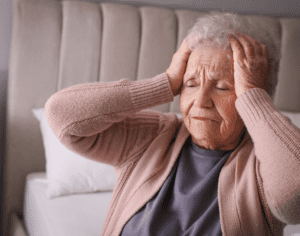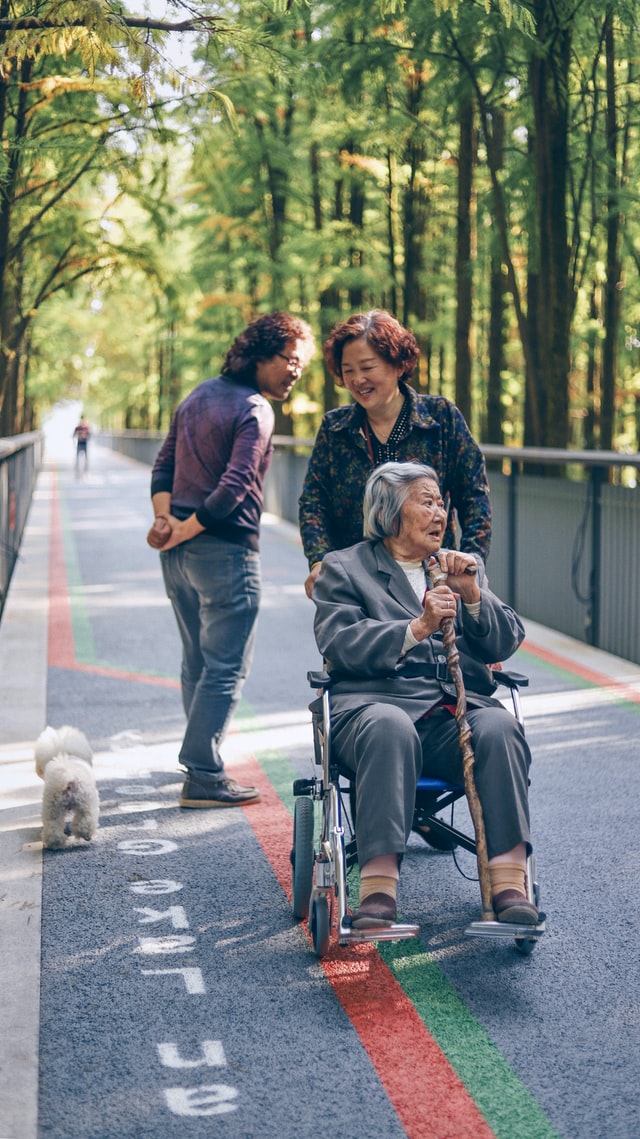Page Contents
Grief is a natural response to loss, often characterised by feelings of deep sadness, longing, and despair. It is a multifaceted emotional reaction that can encompass a range of emotions, including anger, guilt, and even relief. For the elderly, grief is a common experience due to the cumulative nature of losses they endure, including the death of loved ones, declining health, and the loss of independence. Understanding the nature of grief is essential in providing appropriate support and care for the elderly.
Statistics and trends on grief in the elderly
The prevalence of grief among the elderly is significant. Research indicates that approximately 15-30% of elderly individuals experience prolonged grief disorder (PGD), a condition where grief symptoms persist and impair daily functioning. Additionally, older adults are more likely to experience multiple losses within a short period, which can exacerbate their grief. Studies show that elderly individuals who have lost a spouse have a 66% increased risk of mortality within the first three months following the loss, highlighting the severe impact grief can have on their health and well-being.
Common triggers of grief in the elderly
Several factors can trigger grief in the elderly. The most obvious trigger is the death of a spouse or close family member, which can leave a significant void in their lives. Other triggers include the loss of long-term friends, a decline in physical health, retirement, and the loss of social roles and identity. Additionally, the transition to assisted living or nursing homes can evoke feelings of loss of independence and autonomy, further contributing to their grief.

Signs and symptoms of grief in the seniors
Recognising the signs and symptoms of grief in the elderly is crucial for timely intervention.
- Common emotional symptoms include persistent sadness, feelings of hopelessness, and withdrawal from social activities.
- Physical signs can manifest as changes in appetite, disrupted sleep patterns, and increased fatigue.
- The elderly may also exhibit cognitive symptoms such as confusion, memory problems, and difficulty concentrating.
- Behavioral changes, like a lack of interest in previously enjoyed activities or neglecting personal hygiene, can also be indicators of grief.
Being attentive to these signs helps caregivers and healthcare professionals provide the necessary support to help the elderly cope with their loss effectively.
Implications and complications of unmanaged grief
When grief is not adequately managed, it can lead to serious complications. Prolonged grief disorder (PGD) can result in chronic mental health issues such as severe depression and anxiety disorders. Physical health can also deteriorate, with an increased risk of cardiovascular problems and compromised immune function. Social isolation is another significant risk, as grieving individuals may withdraw from social interactions, leading to loneliness and further psychological distress. These complications underscore the importance of timely and effective grief management.

Managing grief in the elderly
Effective grief management involves a multifaceted approach.
- Support from family, friends, and caregivers plays a crucial role in helping the elderly navigate their grief.
- Professional counseling and therapy, including grief counseling and cognitive-behavioral therapy (CBT), can provide structured support and coping strategies.
- Group therapy and support groups offer a sense of community and shared understanding, which can be comforting. Encouraging physical activity, hobbies, and social engagement can also help mitigate the effects of grief.
It is essential to create a supportive environment where the elderly feel safe to express their emotions and receive the care and comfort that they need.

Conclusion
Grief is a common and natural part of ageing, but it requires careful attention and management to prevent serious complications. Caregivers and healthcare professionals must be alert to the signs and symptoms of grief in the elderly and provide timely, compassionate support. By understanding the nature of grief and implementing effective management strategies, we can help the elderly navigate their losses and maintain their well-being.
